If there is one country with which we Greeks feel close, it is Italy, and not just because of geographic proximity. The famous "Una Faccia, Una Razza" - one face, one race - explains our external similarity, the similarities in the DNA of the two peoples, who remain close and coexist flawlessly.
In Southern Italy and even more specifically in Puglia, where Grecìa Salentina exists, there are 11 villages in which the Greek element is still very strong today. One sees something in the inscriptions on the signs, in the names of the villages, in their songs, in their speech, since there is a local Greek dialect called Griko...
The Greek presence in southern Italy
Italians say the lower you go in their country, the hotter you feel. They are not referring to the temperatures, but to the mentality of the people. The stereotype is that northerners are colder and more distant, whilst southerners are more approachable and warmer as people.
It is no surprise, therefore, that this Greek region is not in the Italian north but in the Italian south, where Greeks had settled during ancient times and remained there even after the fall of the Eastern Roman (Byzantine) Empire.
Centuries have passed since then, but the Greeks remain in southern Italy, on the Salento peninsula. And they remain dynamic. So dynamic that they have received visits from officials of the Greek state over time.
This time, however, it looks like it has yet to pass there. For this to happen, the Greeks played a considerable role in trying to preserve their identity, language, and culture. And they succeed famously since they coexist perfectly with the locals.
And they, after all, support this Greek presence, which concerns, as mentioned above, eleven villages and towns,
Martano, Calimera, Carpignano Salentino, Castrignano de Greci, Corigliano D'Otranto, Cutrofiano, Martignano, Melpignano, Soleto, Sternatia and Zollino are the names of these 11 settlements with a total population of just over 43,000.
Grecìa Salentina: The Greek language and the recognition of the minority
From the names of the villages one can easily understand that this is Greater Greece, such as Calimera, the word for "morning" in Greek.
In these 11 villages, therefore, there are streets with Greek names, while Greek is also taught in the local schools. It plays a huge role, as one understands, in maintaining the bond with Greece, but it is not the only thing that helps in this direction.
In these villages, as in Calabria, where there is also a Greek element, the inhabitants have even produced songs in the Greek language, or the Griko language, the dialect based on the Greek language which has also adopted Italian elements. The song "Kalinifta", i.e. "Goodnight", is a typical example of the love for Greece in southern Italy. It is a typical example of the Greek dialect protected by law.
Since the end of the 20th century, the Italian state recognised Grecìa Salentina and the Griko dialect as a Greek ethnic and linguistic minority. Beyond that, it is up to the inhabitants of these villages to keep the Greek dialect alive and to pass it on to the younger generations, who, no matter how much they try to keep their roots in Greater Greece, it makes sense to use more the Italian language and less Greek.
Grecìa Salentina: The cultural association "Argalio" and the churches reminiscent of Greece
Greek dialect, Greek names on streets, Greek songs, in general, everything reminds us of Greece in Grecìa Salentina and this is also visible from the buildings. Their colours that refer to houses on Greek islands and their architecture, for example, in the churches, are reminiscent of Greece.
This is something that the locals, the Italians, also recognise. After all, this Greek minority has played a role in its preservation, with their attitude and willingness to learn as much as possible about the history of the Greeks of the region.
A story that can also be seen from some details, which, as always happens, make the difference. In Corigliano D'Otranto, for example, there is a cultural club called Argalio, (from the Greek word argaleos), and refers to the exclusively Greek loom.
Today in Greece where it is difficult to find the argaleos. But in Grecìa Salentina, the Greece of southern Italy, you will find both the argaleos and a great love for the homeland - the one that continues to exist in their thoughts, hearts, and daily lives.
And it is a huge bet for everyone that it continues to live in the coming decades and not be lost as the younger generations feel, for better or worse, more Italian now and less Greek...
Below are images from the Greek-speaking regions of Italy:
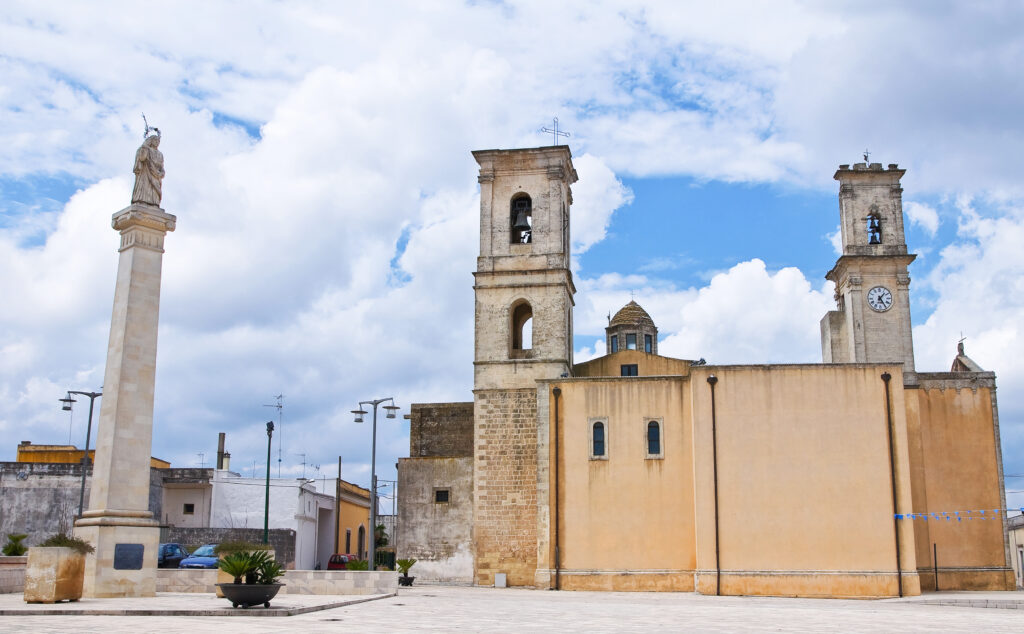
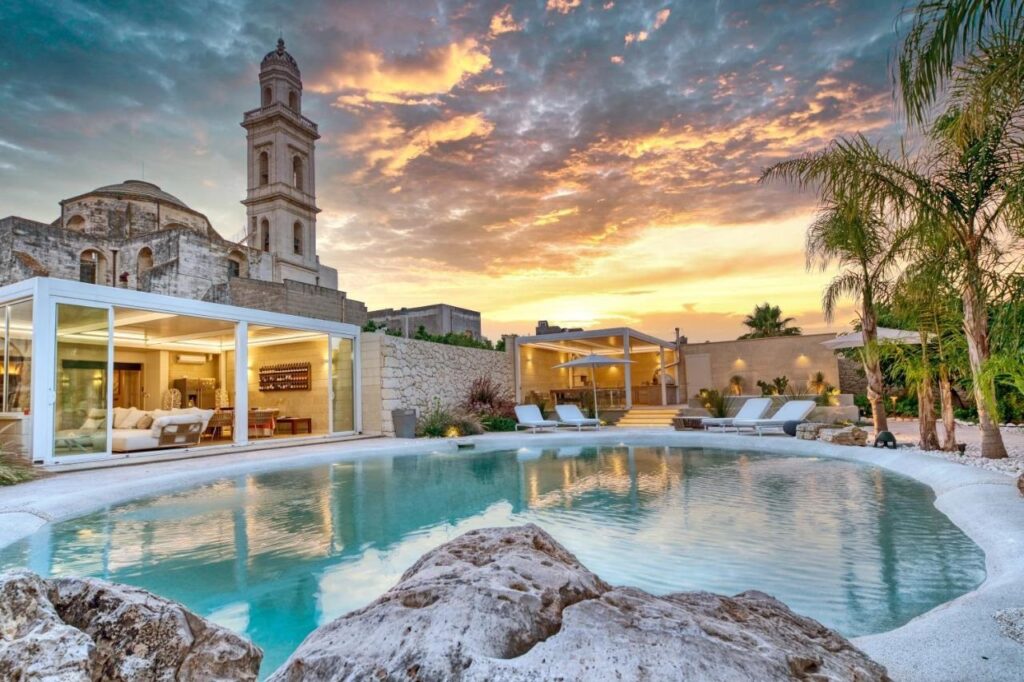


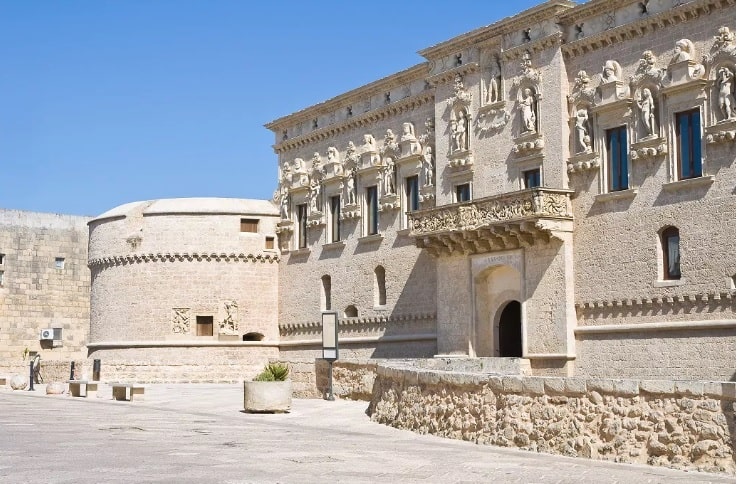

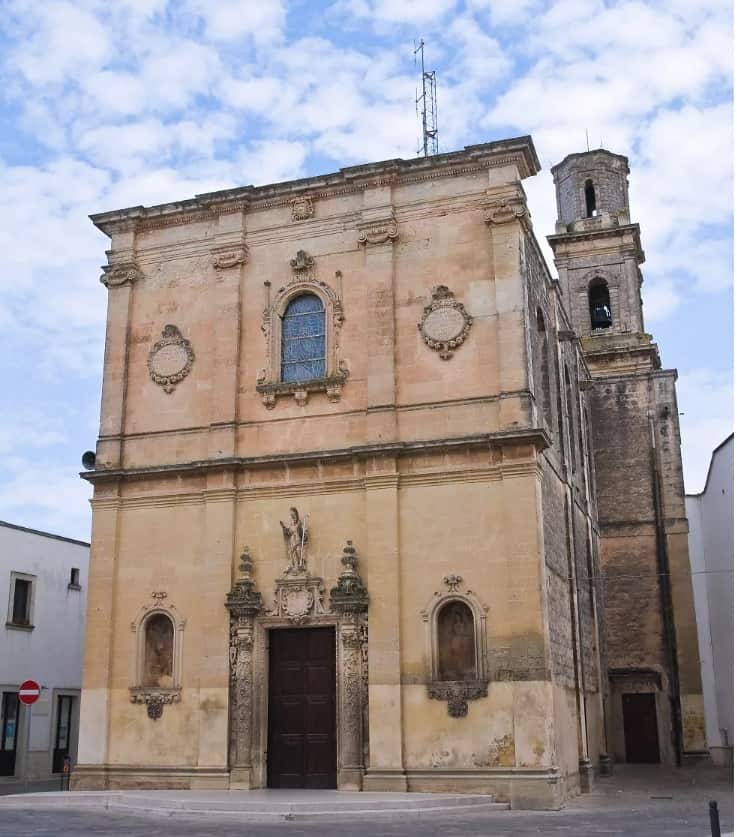
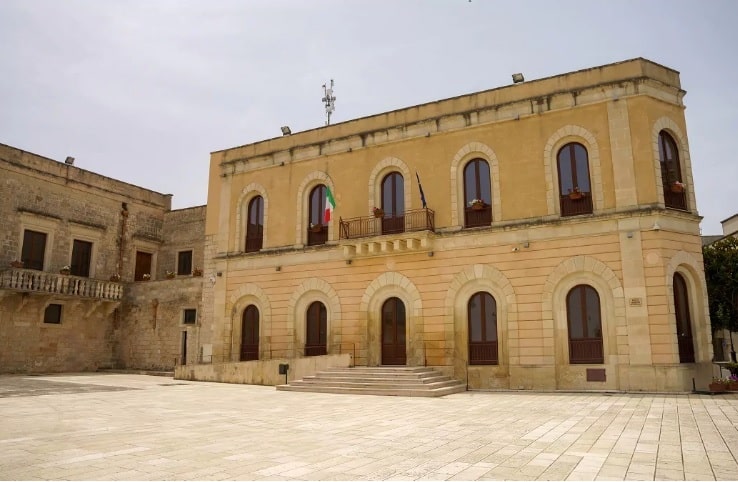
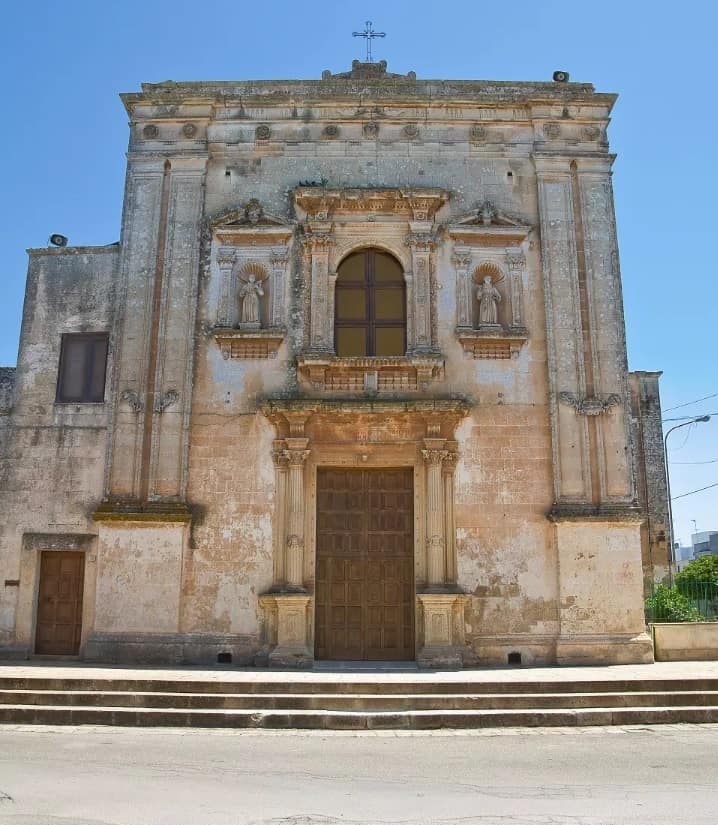
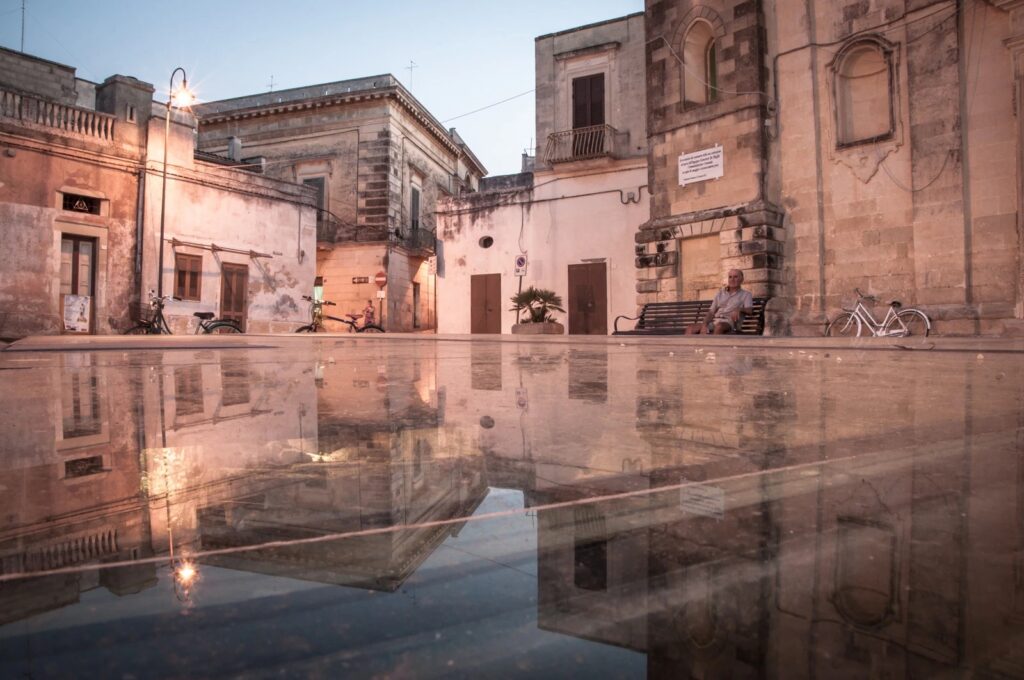

READ MORE: Greeks of South Italy Film Series Returns By Popular Demand.


